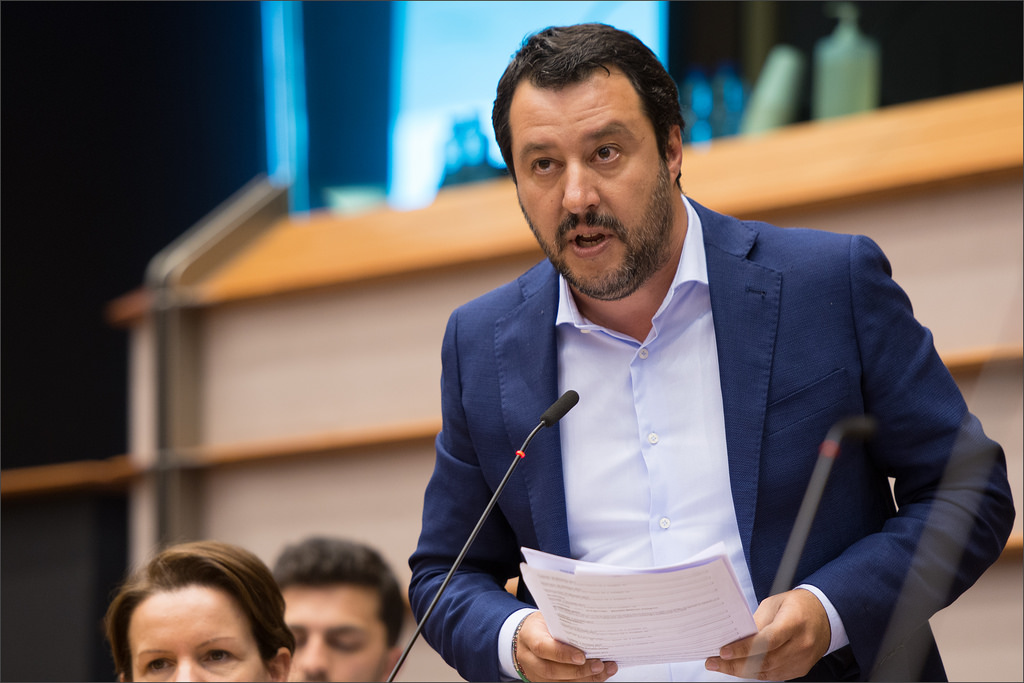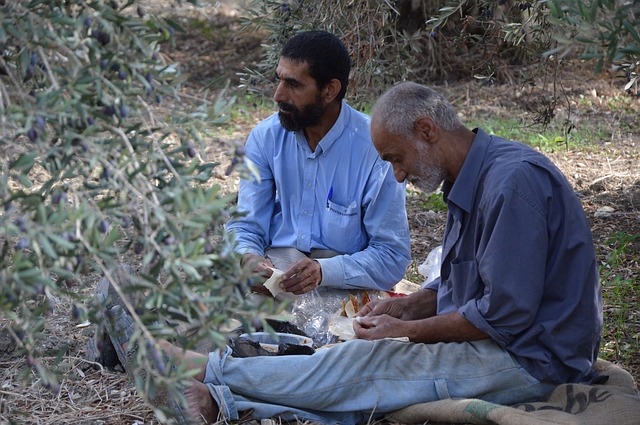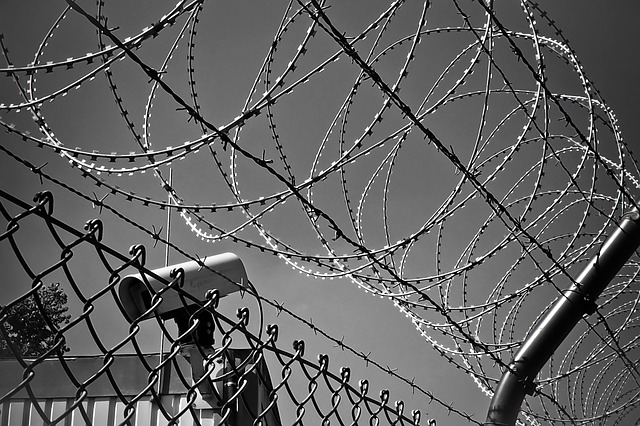POLITHEOR
European Policy Network
Migration policy
- Home
- Migration policy

Pretending to care for migrants0
- Human Rights and Migration, Op-ed
- 02/11/2018
On August 20 the Italian ship U. Diciotti with approximately 190 refugees on board docked at the port of Catania, Sicily. Soon after, the Italian government refused to let people off the ship, under the orders of new interior minister Matteo Salvini. For five days the entire group was detained in the docked ship. Under pressure of international community, the passengers were finally allowed off the ship on August 26. A similar situation occurred in June 2018 with the vessel Aquarius, which has been refused access to ports in Italy and Malta in the end having gone to Spain.
READ MORE
Finland: Twenty beds, too many ill0
- Human Rights and Migration, Op-ed
- 29/09/2018
The Finnish Immigration Service operates a 20-bed facility in the city of Lahti offering mental health care services to asylum seekers. However, this unit is the only one of the type in the whole country and is insufficient and constantly full.
READ MORE
Japan is opening its door to migrants1
- Human Rights and Migration, Op-ed
- 05/09/2018
For a long period of time Japan has been one of the world’s most homogenous countries; and even today only 2% of the population is foreign born. This is especially unusual given that large GDP countries like Japan generally tend to attract immigrants. But lately there is more and more evidence that their migration policies are finally going to be changed.
READ MORE

Outsourcing EU migration management to North Africa is a threat to human rights1
- Human Rights and Migration, Op-ed
- 06/08/2018
The EU leaders agreed in June 2018 to set up migration centres in Africa. The decision brings more problems than hope that the migration crisis facing Europe would be solved.
READ MORE
Childhood is not a crime0
- Human Rights and Migration, Op-ed
- 26/07/2018
The US government is manipulating migrants by not bringing their children back. How is it possible that children became a blackmailing tool?
READ MORE
When you’re a country, size matters0
- Human Rights and Migration, Op-ed
- 24/03/2017
Recently, media and people all around the world have been paying a lot of attention to migration and asylum policies of countries such as Germany, France, Canada or the United States. Some decisions of leaders of big countries have sparked outrage, while others were met with enthusiasm. But the one thing they had in common was that people heard about them. Smaller countries, on the other hand, often manage to push through controversial legislation without gaining much attention. This is why this piece puts a spotlight on the migration legislation in Slovenia, a European country currently hosting 252 asylum seekers.
READ MORE

